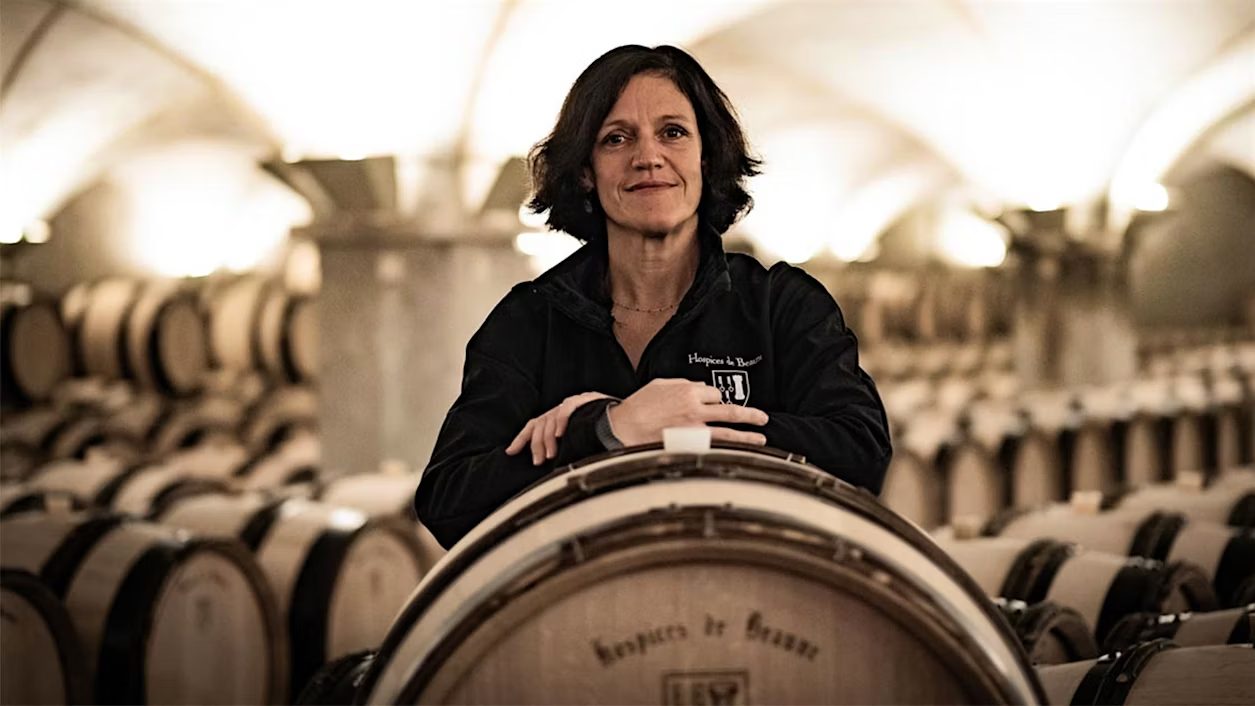Blind tasting is a fundamental practice within the wine industry, serving as an impartial method for evaluating and classifying wines. The essence of blind tasting lies in the fact that tasters are unaware of the wine’s identity, which effectively minimizes any preconceived notions or biases that may arise from a wine’s label or producer. This technique allows wine enthusiasts, critics, and professionals alike to assess the quality of a wine based solely on its sensory characteristics—such as aroma, taste, and finish—rather than external factors such as price or reputation.
In the context of evaluating Bordeaux first-growth wines, blind tasting plays a pivotal role. Bordeaux first-growths, which include prestigious estates such as Château Lafite Rothschild and Château Margaux, often carry significant prestige and high market value. As such, tasters may be influenced by the wine’s perceived reputation, leading to skewed evaluations. By engaging in blind tastings, the focus shifts to the inherent qualities of the wine itself. This ensures that a Bordeaux first-growth wine is judged fairly against its peers, reflecting its true standing in the competitive landscape of wine.
This method not only enhances the integrity of the tasting process but also encourages a deeper appreciation for the complexity of the wines being evaluated. It underscores the notion that quality should be ascertained through the wine’s varietal composition, terroir influences, and winemaking techniques, rather than through superficial elements. Consequently, blind tasting has become an indispensable tool for sommeliers, critics, and wine producers, further enriching the dialogue surrounding wine classification and the overall drinking experience.
Insights into Bordeaux First-Growths
Bordeaux first-growth wines, primarily renowned for their unrivaled quality and prestige, hold a distinguished position within the world of fine wine. The classification was formalized in 1855, during the Exposition Universelle in Paris, and it has since remained a benchmark for excellence. The five estates recognized as first-growths—Château Lafite Rothschild, Château Latour, Château Margaux, Château Haut-Brion, and Château Mouton Rothschild—showcase a blend of history, tradition, and remarkable terroirologic attributes.
Historically, these wines have been crafted with meticulous care and have often commanded the highest prices at auctions and on retail shelves. The Bordeaux first-growths not only represent the pinnacle of Bordeaux excellence but also serve as symbols of wealth and social status. Their rankings reflect centuries of agricultural and vinification advancements, which have refined their production techniques. The prestige of these wines is complemented by the renowned terroir of the Bordeaux region, encompassing noted areas such as the Médoc and Graves, which yield grapes of exceptional quality.
Key characteristics of Bordeaux first-growth wines include their rich flavors, complexity, and aging potential. Typically composed of varietals like Cabernet Sauvignon, Merlot, and Cabernet Franc, these wines exhibit a harmonious balance, with tannins that evolve gracefully over time. The meticulous vineyard management and commitment to sustainable practices further enrich their profiles, resulting in wines that are not only pleasurable but also reflective of their unique surroundings.
The cultural significance of these first-growths cannot be understated, as they have been showcased at royal dinners, prestigious events, and celebrated in literary works throughout history. The rigorous standards upheld for their evaluation ensure that each bottling maintains its esteemed reputation in the wine community. As such, understanding the importance of Bordeaux first-growths enriches our appreciation for these magnificent wines and their enduring legacy.
Wine Spectator’s Commitment to Blind Tasting Standards
Wine Spectator is renowned for its rigorous and impartial approach to wine evaluation, particularly regarding Bordeaux first-growths. The magazine’s commitment to blind tasting standards is a fundamental aspect of its methodology, ensuring that assessments of these prestigious wines are conducted with the utmost integrity. Blind tastings eliminate biases, allowing reviewers to focus solely on the sensory attributes of the wines without the influence of branding, vintage, or producer reputation. This systematic practice enhances the credibility of the ratings published by Wine Spectator.
The rationale behind the implementation of blind tasting standards is pivotal in maintaining trust within the wine community. Notably, Wine Spectator’s editors emphasize that this objective evaluation process is crucial in producing unbiased and consistent ratings. By doing so, the publication fosters an environment in which wine enthusiasts and collectors can rely on its assessments when making purchasing or investment decisions. The credibility derived from these standards assists both consumers and industry professionals in navigating the complexities of wine selection, especially among Bordeaux first-growths, where price and exclusivity often overshadow quality.
Prominent sommeliers echo these sentiments, underscoring the importance of such rigorous standards within the wine industry. Many professionals argue that blind tasting is essential not only for personal assessments but also for educating consumers regarding quality distinctions within the vast world of wine. Moreover, these practices further encourage producers to maintain high standards, knowing that their wines will be evaluated purely on merit. Thus, the adherence to blind tasting standards by Wine Spectator not only enhances its reputation but also cultivates a more educated and discerning wine community.
Implications for the Wine Industry and Enthusiasts
The commitment of Wine Spectator to uphold blind-tasting standards, especially concerning renowned Bordeaux first-growth wines, has several significant implications for both the wine industry and wine enthusiasts. Firstly, this dedication reinforces the importance of impartiality in wine evaluations. By focusing on the intrinsic qualities of wine rather than the labels, producers are challenged to uphold high standards continuously. This not only influences Bordeaux producers but also sets a precedent for other wine regions, potentially leading to a more uniform elevation of quality across the global wine landscape.
Additionally, blind tasting fosters a more discerning consumer base. As enthusiasts become more attuned to the actual sensory experiences of wine—flavor, aroma, and mouthfeel—they are encouraged to step away from preconceived notions associated with branding and reputation. This shift allows consumers to evaluate wines holistically, ultimately enhancing their appreciation for the craft of winemaking. As enthusiasts engage more deeply with the tasting experience, they can develop a broader understanding of various wine styles and terroirs, contributing to a richer wine culture.
In terms of wine marketing, the implications are profound. Producers may need to rethink their strategies; emphasis may pivot from mere branding to quality and authenticity. Such a focus could lead to new marketing approaches that highlight the sensory attributes of wines instead of established prestige. This encourages wineries to be more transparent about their production methods and the values behind their brands, thereby enhancing trust among consumers.
Moreover, the educational aspect of blind tasting cannot be overstated. Wine institutions and retailers can leverage this practice to promote more structured tasting sessions, allowing enthusiasts to learn the nuances of wine appreciation. Ultimately, this nurtures a more informed wine culture that values quality and authenticity over mere commercial appeal.








Blind tasting standards – keeping the wine industry honest or just pretentious?
Bordeaux First-Growths deserve blind-tasting. Keeps things fair and interesting, eh?
Interesting read! Are blind-tasting standards really shaping the Bordeaux First-Growths market?
Blind tasting is key, but shouldnt all wines be treated equal?
Bordeaux first-growths blind tasting – a real game-changer or just a wine gimmick?
Blind tasting standards, are they really unbiased or just a wine industry gimmick?
Blind tasting surely keeps Bordeaux first-growths on their toes, doesnt it? Keeps it real!
Does blind-tasting really guarantee a fair assessment of Bordeaux First-Growths? Just wondering.
Blind tasting keeps Bordeaux First-Growths honest, kudos to Wine Spectators firm stance!
Blind tasting standards, huh? Makes you wonder about bias in other industries too!
Blind tasting standards uphold integrity, but do they limit creativity in Bordeauxs First-Growths?